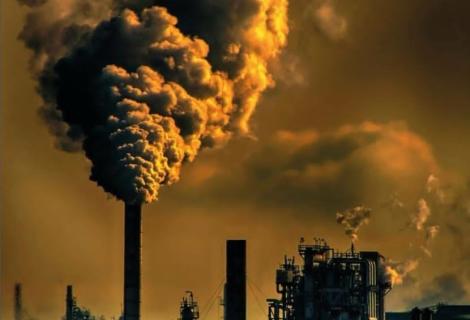
Gaslighting Ghana: Predatory Investments and the Role of the World Bank Group in Driving Fossil Fuel Debts
Energy policy is more than a technical checklist of megawatts and infrastructure; it is the very foundation upon which inclusive and sustainable development is built. A nation’s energy choices shape its economic trajectory, social equity, and environmental health. In Ghana—as in many parts of the world—these critical choices are often not made in Accra or by the Ghanaian people but are heavily influenced and in some cases dictated by the world’s most powerful financial institutions.
The World Bank Group, a key player among the Bretton Woods institutions, has long positioned itself as a champion of development and poverty alleviation. But a new joint report by ActionAid Ghana and the Centre for Research on Multinational Corporations (SOMO) reveals a different and troubling story. Over the past decade, the World Bank has facilitated and financed energy investments in Ghana that have entrenched fossil fuel dependency, fostered corporate profiteering, and burdened the state with unsustainable debt.
The $2 Billion Burden
At the heart of the report is a stark figure: $2 billion. That is the amount of World Bank funding directed into Ghana’s oil and gas sector—channeled through mechanisms like public-private partnerships (PPPs), sovereign guarantees, and investment-friendly reforms. Far from ushering in an era of energy security or economic growth, these investments have generated a series of contracts and obligations that now threaten Ghana’s fiscal sovereignty.
Rigid "take-or-pay" gas contracts, backed by World Bank guarantees, have forced the Ghanaian government to pay international energy companies for gas it could not use—year after year. Power purchase agreements, skewed in favour of foreign investors, have locked the country into paying for electricity that was unaffordable for most citizens. These are not just unfortunate side effects—they are direct results of policy frameworks shaped to prioritize profit over people.